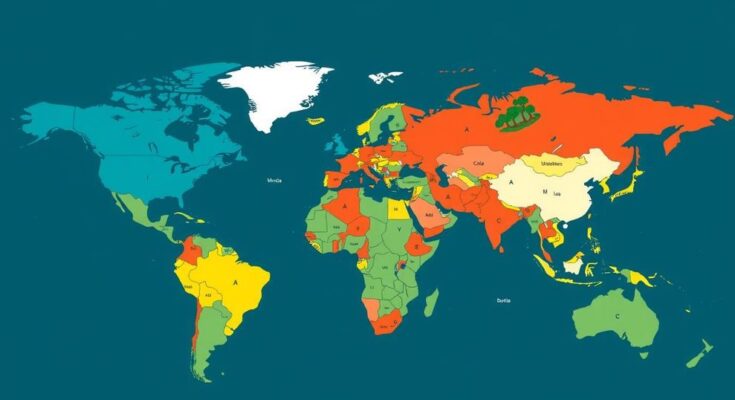Richer countries are beginning to compensate poorer nations for climate change damages, as exemplified by $750 payments made to families affected by Cyclone Freddy in Malawi. Approximately $720 million has been pledged globally to address these losses, but experts warn this may be insufficient given the worsening climate crisis. Ongoing discussions at COP29 focus on establishing effective funding mechanisms for vulnerable nations.
In recent years, richer nations have begun to financially support poorer countries suffering from climate change impacts, exemplified by the assistance provided following Cyclone Freddy in Malawi. This storm displaced countless families, including Christopher Bingala, whose life was drastically altered. He received $750, a part of a new funding initiative aimed at compensating low-income nations for climate-related damages. Approximately $720 million has been pledged globally, but experts caution this may not suffice given the increasing frequency of climate disasters. As negotiations unfold at the COP29 summit, stakeholders are seeking to establish fair compensation mechanisms for affected countries, while the need for more assistance is expected to rise significantly as climate conditions worsen.
The adverse effects of climate change disproportionately impact developing countries that are least responsible for greenhouse gas emissions. These nations face intensified natural disasters, yet they often lack the resources to recover adequately. The funding for loss and damage compensation represents a commitment from wealthier countries to rectify this imbalance by supporting vulnerable communities affected by climate extremes. Initiatives like the one in Malawi, where families received cash payments for rebuilding, highlight this effort. However, the required financial support continues to escalate as climate challenges grow more severe and pervasive across the globe.
The establishment of loss and damage funding signals a critical step towards addressing the inequities caused by climate change. Despite the pledges made by wealthier countries, many challenges and unanswered questions remain regarding the distribution and implementation of funds. As circumstances continue to deteriorate, it is essential for affluent nations to fulfill their responsibilities and contribute meaningfully to the recovery and resilience of their poorer counterparts, ensuring that communities can adapt to an increasingly unpredictable climate.
Original Source: www.kanw.com




